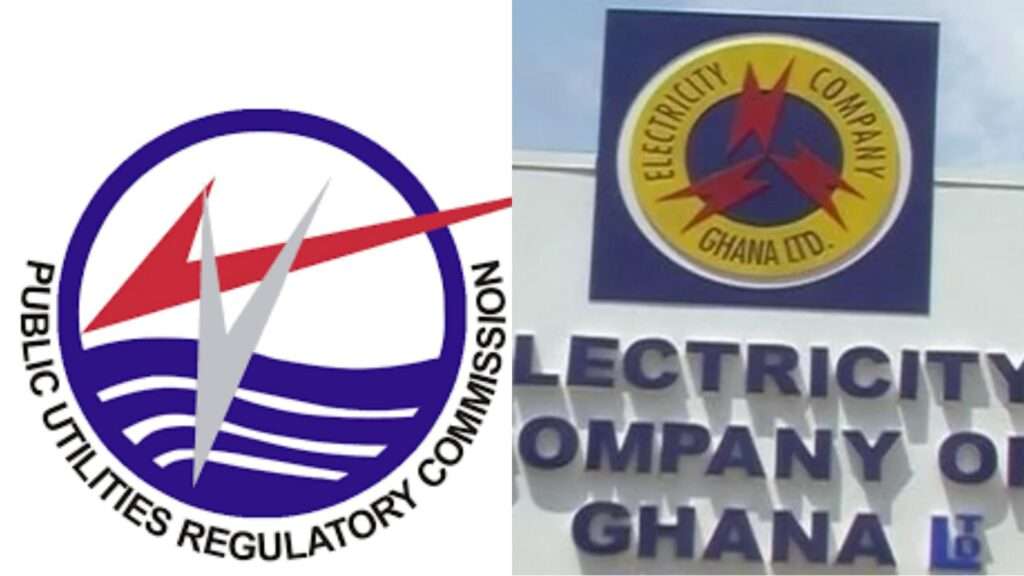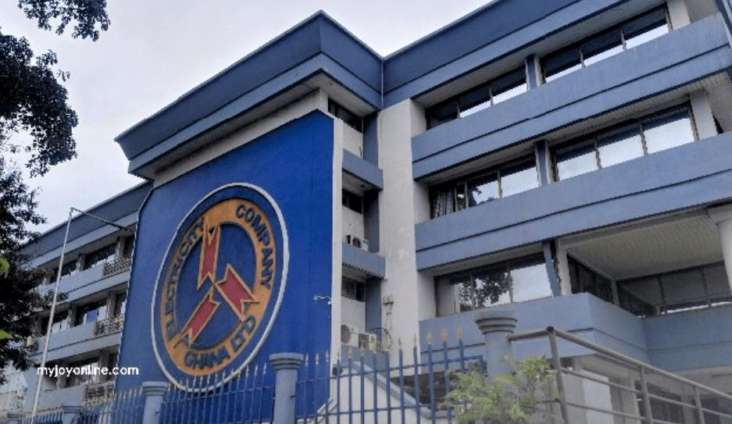The governing board of the Electricity Company of Ghana (ECG) has responded to fines levied against them by the Public Utilities Regulatory Commission (PURC) while challenging the authority of the Commission to impose fines, arguing that it lacks the powers equivalent to those of the High Court.
Commenting on the issue at hand, Private Legal, Esq. Martin Kpebu, however, indicated that the PURC has some statutory authority as enshrined in the PURC Act, 1997 (Act 538) and the regulations of utilities.
That notwithstanding, he noted that the ECG board members argument that the PURC failed to give them a chance to explain themselves before imposing a fine, is the strongest argument against the PURC’s order.
He pointed out that the PURC should have separated the charges if they intended to fine the board of directors of the ECG.
He stated that one charge should have been sent to the ECG as a company, while another should have been sent to the board of directors in their personal capacity.
“Until these issues were raised, I was happy that PURC was showing that, it’s up to the task and holding ECG accountable. Though this letter has come to erode a bit of that force, we are happy. In terms of governance and accountability, it’s a good step so I won’t say that PURC has lost”.
Esq. Martin Kpebu
Furthermore, he opined that the PURC regulation 24(13) must be amended to bring clarity to how the PURC can hold directors of utility companies responsible as distinct to corporate entities.
He emphasized that directors of companies can be held responsible for a company’s negligence, noting that the only impediment to PURC’s case against the ECG is the Commission’s failure to lay charges on the board of directors.
“The directors are responsible for framing policy and ensuring that the policy is properly implemented by the company. So the MD and the staff are actually loosely speaking” – Martin Kpebu
As such, Mr. Kpebu emphasized that the board of directors is ultimately responsible for the actions of the ECG, noting that the public is on the side of PURC as the ECG has done the public so much harm.
Court To Decide Next Action
Meanwhile, Esq. Lamtiig Apanga stated that in company law, the act of the company is entirely different from the act of individuals.

He noted that the court is the only entity that can determine whether or not the PURC’s directives are null and void not the ECG or its board of directors.
“As far as PURC is concerned, letters have been sent [by ECG] to PURC, there were responses made. So as far as the right to be heard is concerned, that has been fulfilled. Because PURC has had the opportunity to give the ECG the right to respond and they have responded and based on that, the sanctions were imposed”.
Esq. Lamtiig Apanga
He noted, however, that what the PURC missed was the inability to serve the board of directors, individually, and the right to respond to why sanctions should not be imposed on them personally for failing to act.
“The argument that they are not part of the day-to-day running of the company is not the proper explanation to get them out of this because the directors of a company take responsibility for all actions that management undertake” – Lamtiig Apanga
He indicated that the ECG’s argument of a breach of natural law does not nullify the actions taken by the PURC against the ECG.
He stated if there is an error in procedure, the PURC can redraw and allow the board of directors to make their case, indicating that the PURC has been instituted to protect the interest of the public.
READ ALSO: Shareholders of Access Holdings Plc Endorse $1.5 Billion Capital Raising Drive




















